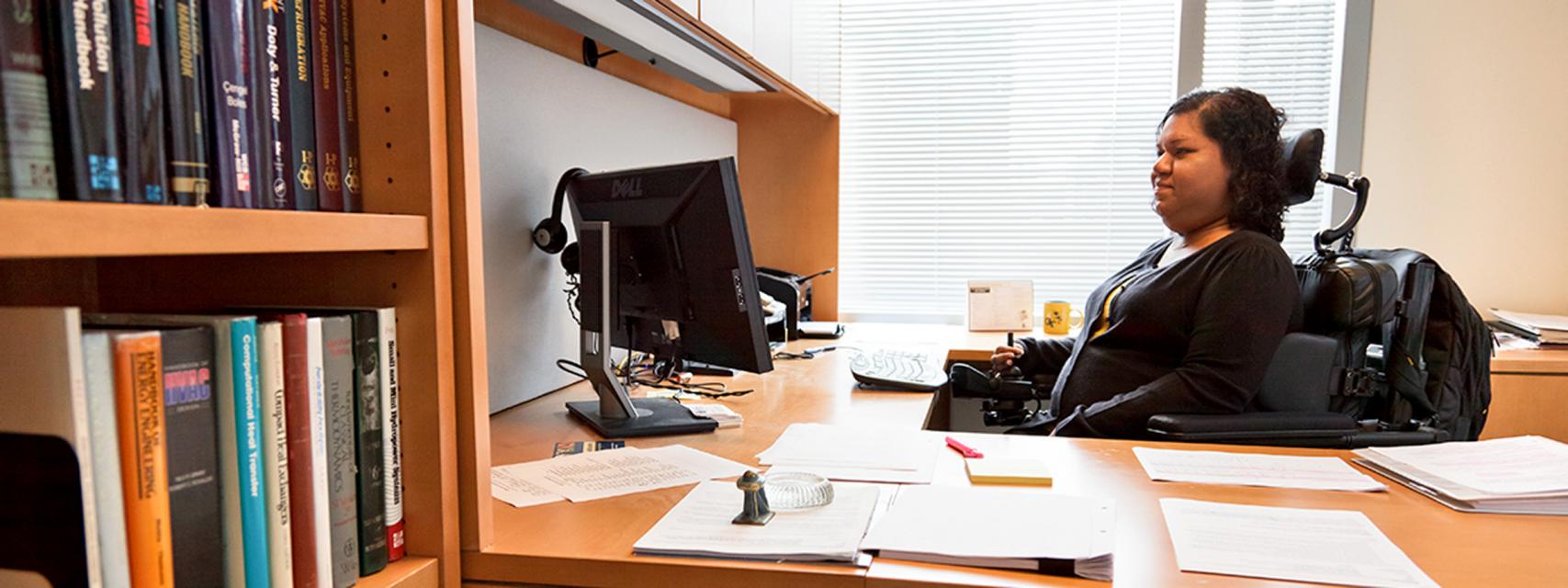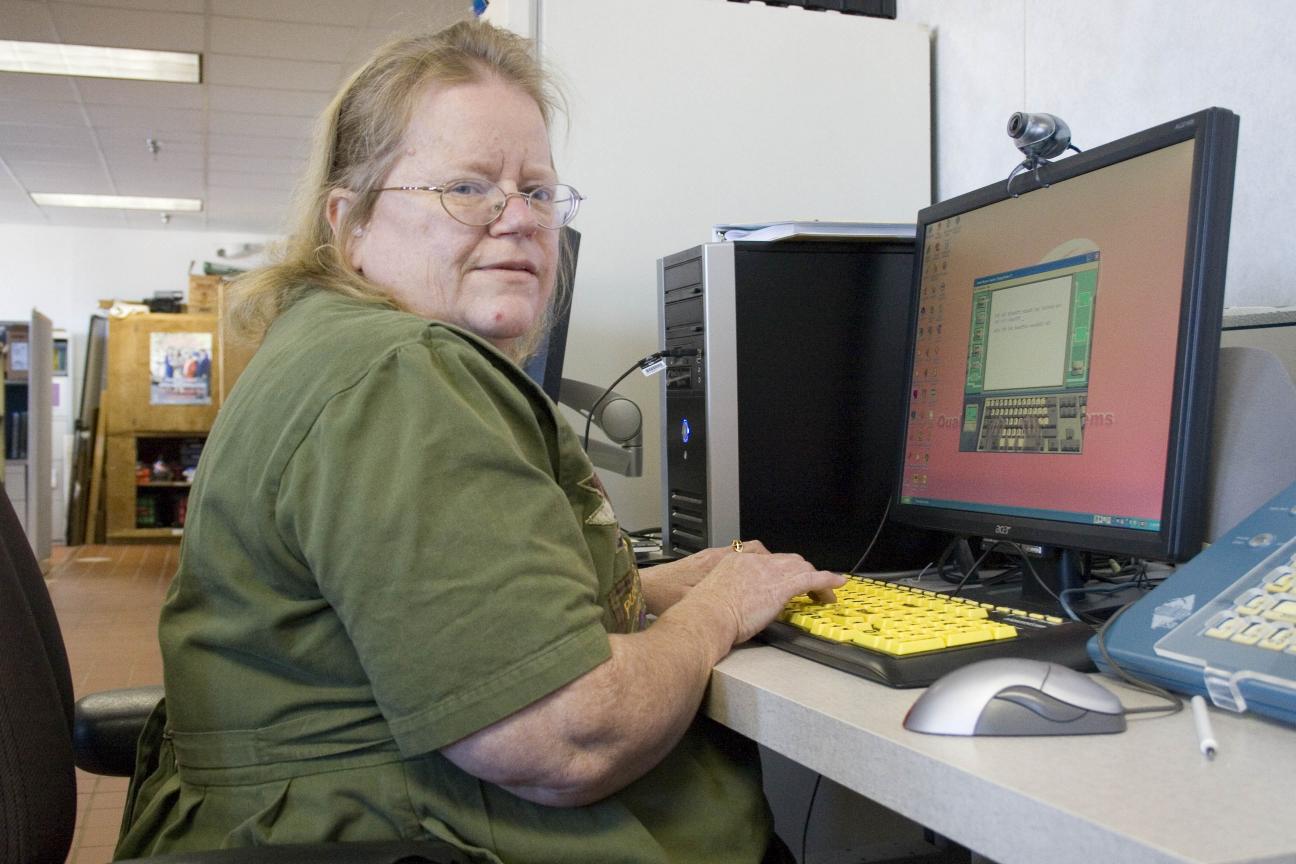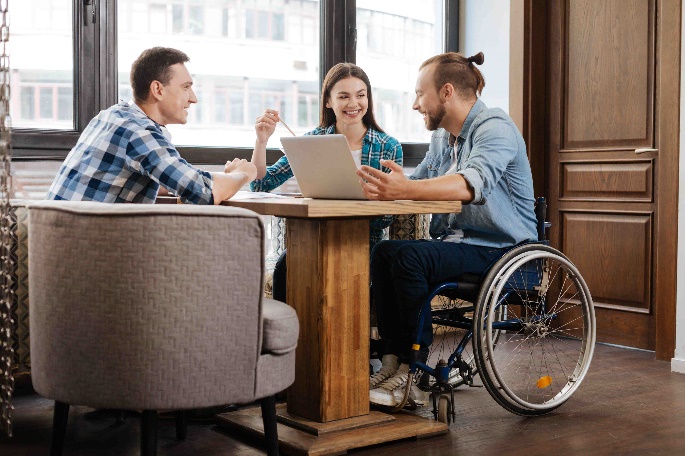
Accessible Workplace
The Accessible Workplace Lab develops new workplace technologies and strategies that maximize the independence and participation of people with disabilities in the workplace. The lab provides educational products and resources to support those trying to improve workplace accessibility. Particular interests include the use of accessible information and communications technology (ICT) in the workplace, the development of an evidence base of what accommodations work in which situations, and the use of inclusive/universal design practices to support all employees, including older workers.


